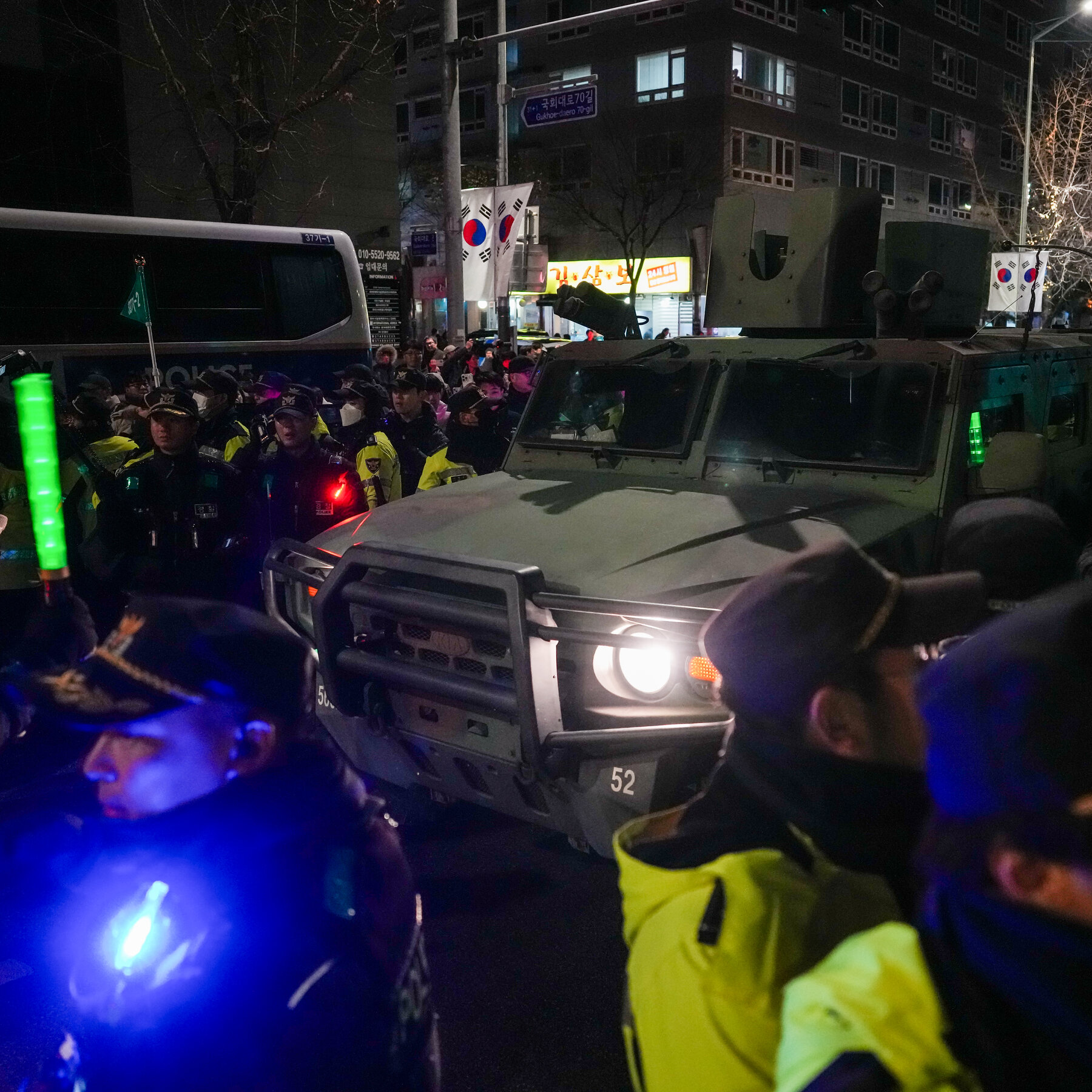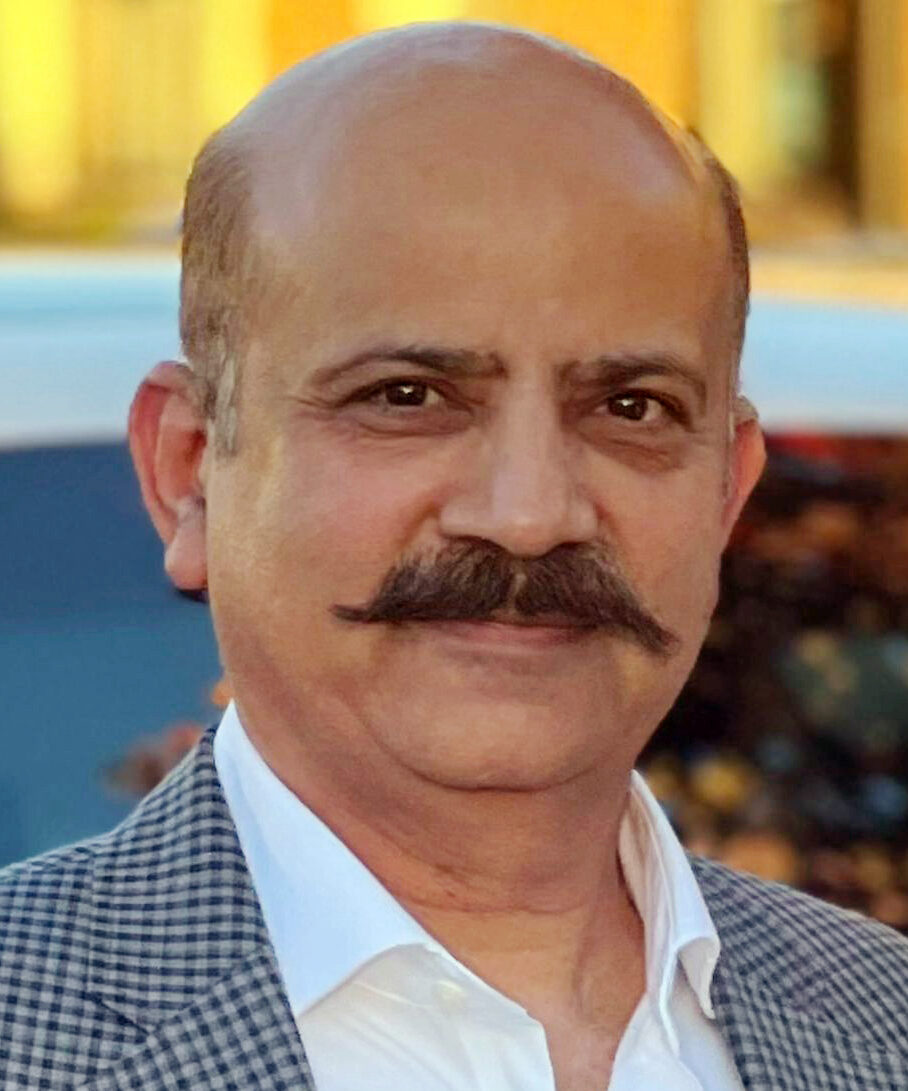Wednesday Briefing

https://www.nytimes.com/2024/12/04/briefing/south-korea-ukraine-nato.html
You have a preview view of this article while we are checking your access. When we have confirmed access, the full article content will load.
Image

Political turmoil rocked South Korea
President Yoon Suk Yeol of South Korea this morning lifted an emergency martial law declaration hours after imposing it, bowing to pressure by lawmakers and protesters who resisted his audacious attempt to overcome a political deadlock that has hobbled his tenure.
It was the first time in more than 40 years that a South Korean president had declared martial law. Here’s what to know.
Yoon’s decree, which he announced in an unscheduled address late last night, incited political chaos and evoked memories of the country’s dictatorial postwar regimes. As largely peaceful demonstrations arose in Seoul, the National Assembly voted 190 to 0 to rescind the president’s declaration. Hours later, Yoon convened his cabinet, which agreed to end martial law.
Yoon, who is deeply unpopular, characterized his decision as an act “of national resolve against the anti-state forces that are trying to paralyze the essential functions of the state.” Top presidential aides have now offered to resign, and opposition lawmakers say they will begin impeachment proceedings unless Yoon himself steps down. Read more about the political backdrop to the crisis.
On the ground: Thousands of protesters gathered outside the National Assembly, chanting, “End martial law!” Others filled a section of an eight-lane road to call for Yoon’s arrest. A trade union with more than a million members declared an “indefinite general strike” and said it would demand Yoon’s resignation.
Analysis: The Biden administration has hailed South Korea as a model democracy and bolstered military ties, relying on the country as a bulwark against North Korea, China and Russia. The crisis has risked straining those ties, our correspondents write.







